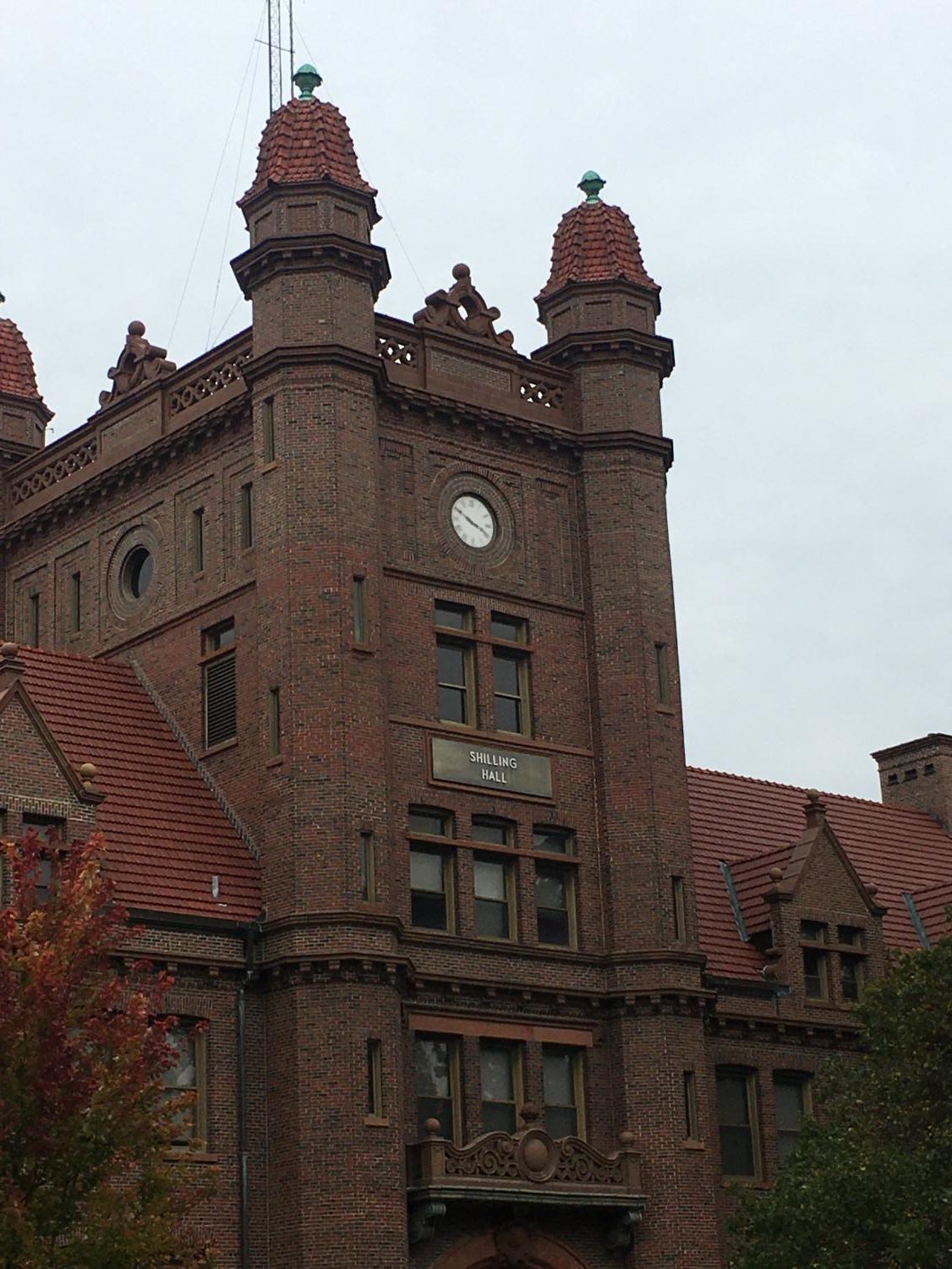An Open Letter to My Faculty Colleagues
Associate Professor & Coordinator of Academic Programs for Millikin's School of Theatre and Dance, Dr. Tom Robson, describes how his fellow faculty should respond to the #BLM protests.
June 10, 2020
We have failed on our mission “to deliver on the promise of education.”
While I do not doubt the quality of our classroom instruction—compelling discussions, rigorous assignments, mind-expanding Performance Learning opportunities—we must acknowledge that we have not delivered on the promise of education.
If we have learned anything in recent weeks—and hopefully we’ve learned a great deal—we’ve learned that the American system of higher education woefully underrepresents, underserves, and underprioritizes BIPOC students. Millikin is no better than any other school in the country and I do not exempt myself from my own judgment here; I bear as much guilt as any other white faculty member in this institution.
I am a product and unwitting proponent of White Supremacy. Those are terrifying words to write. Since the protests erupted around the country, I have been reading and processing Layla F. Saad’s book Me and White Supremacy, which challenges white people to confront their own racism. One of my takeaways from this process has been to put proper names on ideas. Many well-intentioned white people have become comfortable talking about our “white privilege,” when in actuality what we mean is our White Supremacy.
We must name ourselves as complicit in White Supremacy because “privilege” does not capture the totality of the problem. “Privilege” suggests that the system benefits white Americans, but that word does not encompass the ways in which our systems also actively oppress Black Americans. By hiding behind the purportedly enlightened shield of the term “white privilege” we inflict daily violence on our Black neighbors, students, and community members.
We will hear calls for training soon, and training is necessary, but training alone cannot dismantle the insidious machine that grinds the marginalized under its gears. If it could, we would not see the brutal acts of police violence that we see, most of which have come from departments that have undergone training.
We must pair training with active deconstruction and reconstruction of our educational approaches. We must examine every aspect of our pedagogy through a simple question: “How is this racist?”
Not, “Is this racist,” but rather, “HOW is this racist.” “Is this racist” invites a yes/no answer requiring little reflection, but “How is this racist” forces us to excavate down to the core ideology of everything we do. We live in a racist society and thus must assume that every instrument of that society—such as a system of higher education—is infected with that root evil. Let me share a personal example.
Within the School of Theatre & Dance we prize “Professionalism” as one of our core learning goals, yet we never unpack the ways in which our “Professionalism” standards are the product of a system of White Supremacy.
Aysa Gray, writing in the Stanford Social Innovation Review, argues how so-called workplace professionalism “explicitly and implicitly privileges whiteness and discriminates against non-Western and non-white professionalism standards related to dress code, speech, work style, and timeliness.”
In SOTAD, we enforce what we term the “Ten-Minute Rule,” stating that students must arrive ten minutes early to all official departmental functions as a signifier of their “professionalism.”
My own mainstage theatre production syllabus tells students that they can be placed on probation for the course due to just two instances of lateness (lateness defined as failing to adhere to the Ten-Minute Rule) and that additional instances could result in a student being removed from the production.
While arriving early is certainly a laudable goal, in truth, we are enforcing a white colonialist conception of time on our students, and doing so through an authoritarian approach rather than a teaching one. We are not teaching our students to achieve this goal; we are disciplining them to achieve it. This is just one small example of the many ways that I have unwittingly contributed to a damaging culture. Our campus is riddled with similar cultural assumptions that must be changed. I must change.
None of what I am challenging us to do will be easy or comfortable, nor should it be. I have had my feelings hurt by students calling out SOTAD’s culture in recent days, but better my feelings be hurt than another young Black person’s body. We must do the work, we must do it with intentionality, and we must do it with urgency. We are Millikin faculty, and we have a promise to keep.
